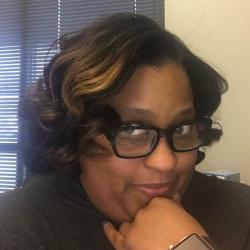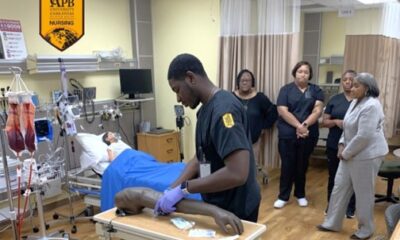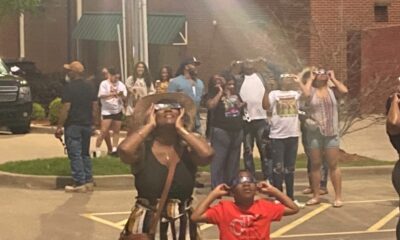Featured
Let’s Populate the Next Presidential Debate with Our Questions
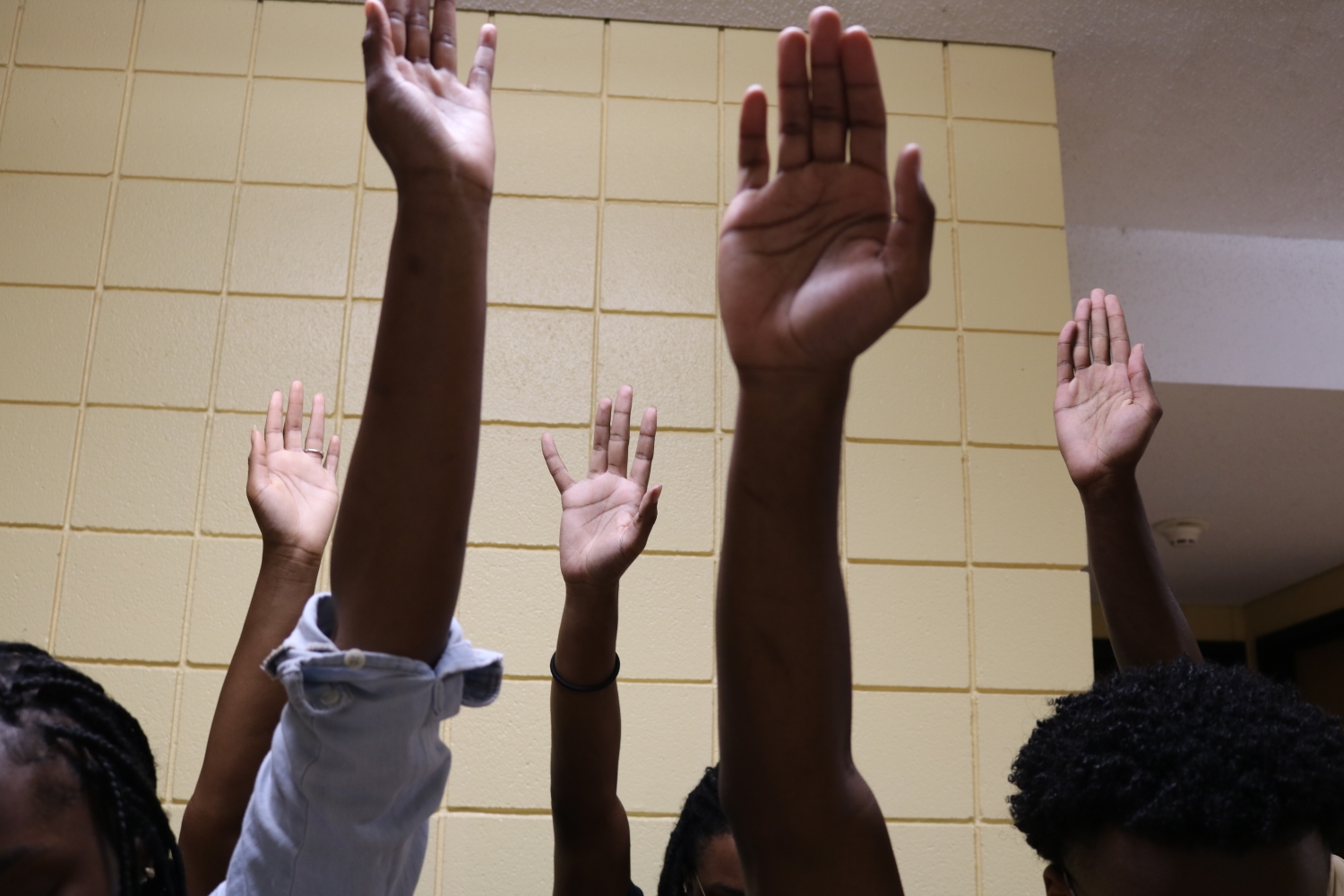
What is the top issue you would want the Democratic presidential candidates to address at @ABC News’ primary debate on Sept. 12?
That’s the question that ABC News journalist Linsey Davis, the first Black female moderator for the 2020 election cycle, recently pinned to @LinseyDavis on Twitter.
The timing could not have been better. Essence and the Black Women’s Roundtable just released a poll on the preferences of 1,068 Black women. The 5th annual ‘Power of the Sister Vote’ can help ABC News ask candidates about issues of concern to the most loyal and most reliable Democratic voters. The new research backs up this reputation with its finding that nearly 95 percent of 2019 survey respondents plan to vote in this presidential election.
This year life or death issues were the most important ones among respondents. The top two issues were in a virtual tie. Among research participants, 48 percent named criminal justice and police reform as the priority. Coming in a close second at 47 percent was affordable healthcare. There was a tie for third place between rise in hate crimes/racism and equal rights/ equal pay with both subjects each receiving 42 percent.
Results among Millennials and Gen Z, or Black women age 18 to 35, differed from the entire pool of those surveyed. The top issues for younger women was as follows:
· Criminal justice and police reform (55 percent)
· Affordable housing and gentrification and a rise in hate crimes/ racism tied (38 percent each)
· Affordable healthcare (34 percent)
When asked to list the top three threats to you or your family, participants responded, in order, with:
· Racism/rise in hate crimes (52 percent)
· High cost of housing (46 percent)
· Gun violence (36 percent)
The list varied for Black women age 18 to 35 than the entire group of participants. For the same question, Millennials and Gen Z also had an overwhelming favorite among the top three threats:
· High cost of housing (61 percent)
· Racism/rise in hate crimes (46 percent)
· Income inequality/equal pay (40 percent)
“Racism/ rise in hate crimes” also was the top threats to the US democracy. Participants ranked the top threats as followed:
· Racism/ rise in hate crimes (85 percent)
· Voting rights/ voter suppression tactics (68 percent)
· Rollback of civil rights protections (59 percent)
In response to the question, “I will support the presidential candidate that commits to the following issues I care about,” financial issues topped the list. Half of participants ranked “protect the safety net (Medicaid, Medicare, Social Security) as the most important demand, nearly tied with “Reduce taxes for low-income and middle-income families” at 49 percent. Conversely, Millennials and Gen Z identified addressing high mortality rate of Black infants and mothers as their most pressing demand.
How do issue priorities translate into questions?
Moderators should ask candidates a series of questions in the following format: What is your plan to address [fill in the blank problem or concern from the poll]? For example, Candidate X, what is your plan to address criminal justice reform? Please walk us through the steps that you would take to make healthcare more affordable. How would you reduce the rise in hate crimes?
If I a candidate tries to sidestep the answer, the follow up is polite, but clear: Candidate X you did not answer a very important issue for Black women voters. Let me repeat it. What is your plan for [fill in the blank problem or concern from the poll]?
Seems simple, right? Not so fast. If the past two debates are any indication, moderators value entertainment (read: food fight), more than information. Candidates want to be the center of attention at the risk of talking over each other or interruptions. Both sides on stage have slightly different agendas than voters. That’s why making our voice heard on social media is so important.
Follow #SistersLead or @SistersLead for ideas and encouragement to keep the debate helpful to voters. And share your questions far and wide beyond friends and family.
Holli L. Holliday is president of Sisters Lead Sisters Vote, a nonprofit c4 organization for, by and of black women.

-

 Black History5 months ago
Black History5 months agoThe untold story of a Black woman who founded an Alabama hospital during Jim Crow
-

 Featured9 months ago
Featured9 months ago‘No Closure’ In Town Where Five Black Residents Were Either Murdered, Died Suspiciously Or Are Missing
-
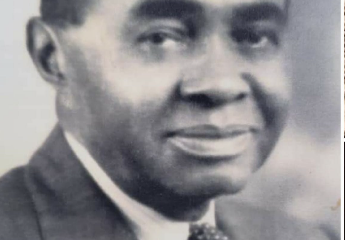
 Black History10 months ago
Black History10 months agoBlack History Lost and Found: New Research Pieces Together the Life of Prominent Texas Surgeon and Activist
-

 Featured9 months ago
Featured9 months agoFounder of “The Folding Chair” Podcast Calls Montgomery’s Brawl ‘Karma’
-
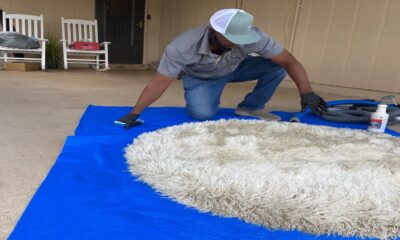
 Featured9 months ago
Featured9 months agoThousands ‘Live Their Dream’ During National Black Business Month
-

 Featured11 months ago
Featured11 months agoJuneteenth And ‘246 Years Of Free Labor’ Are Key To Conversations About Reparations

